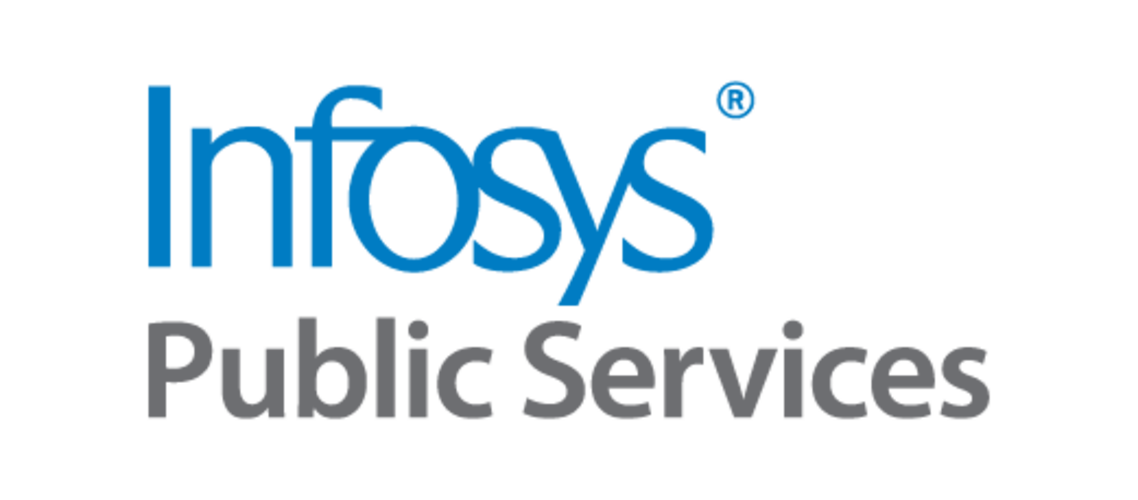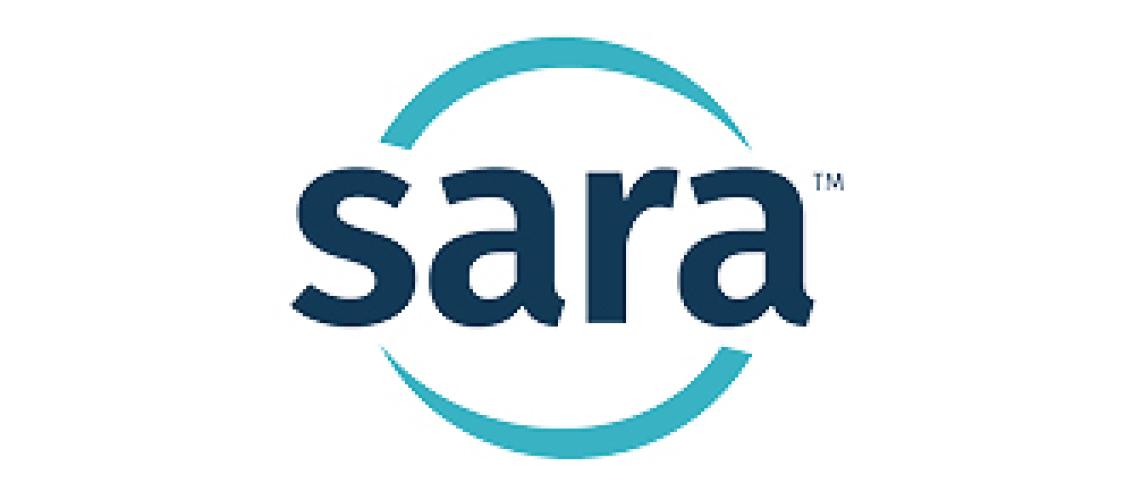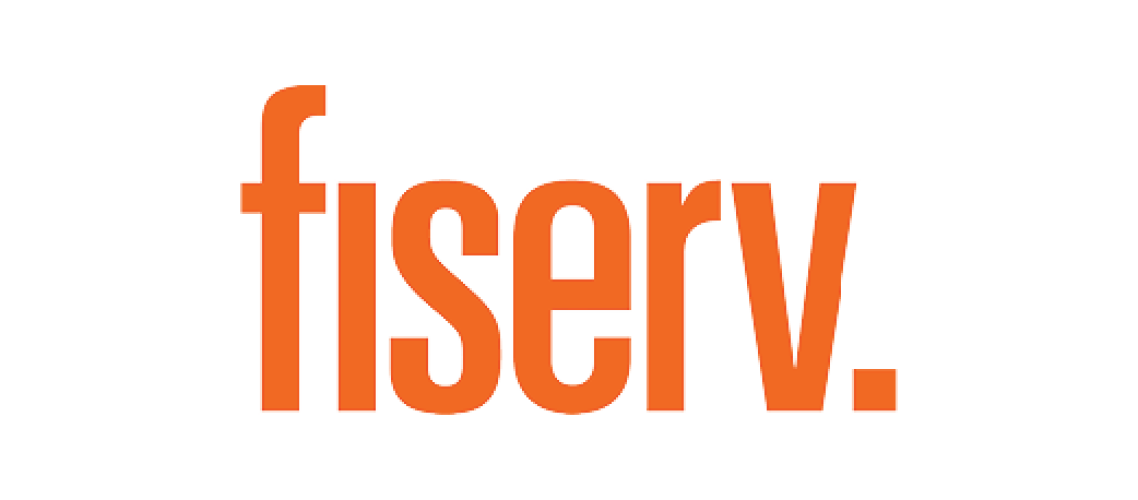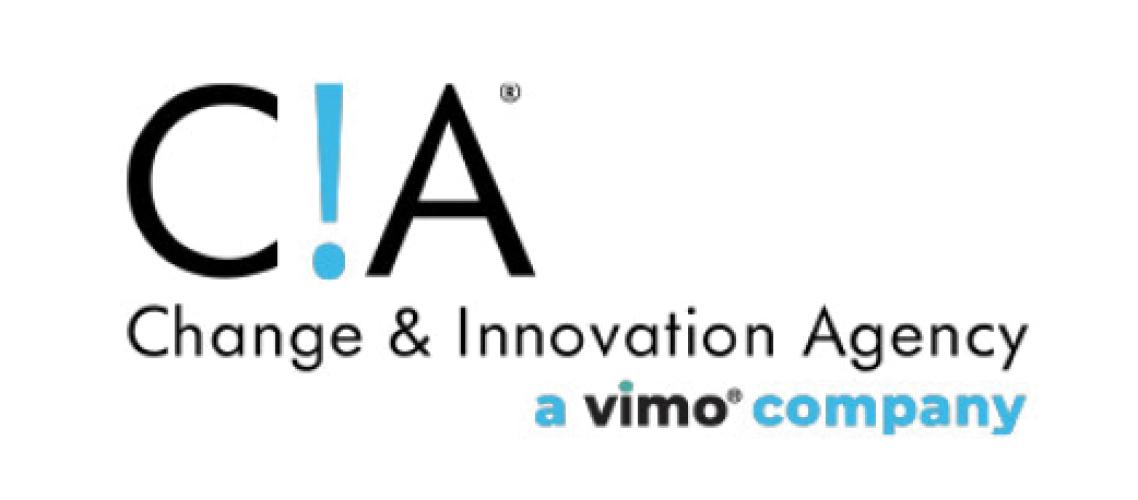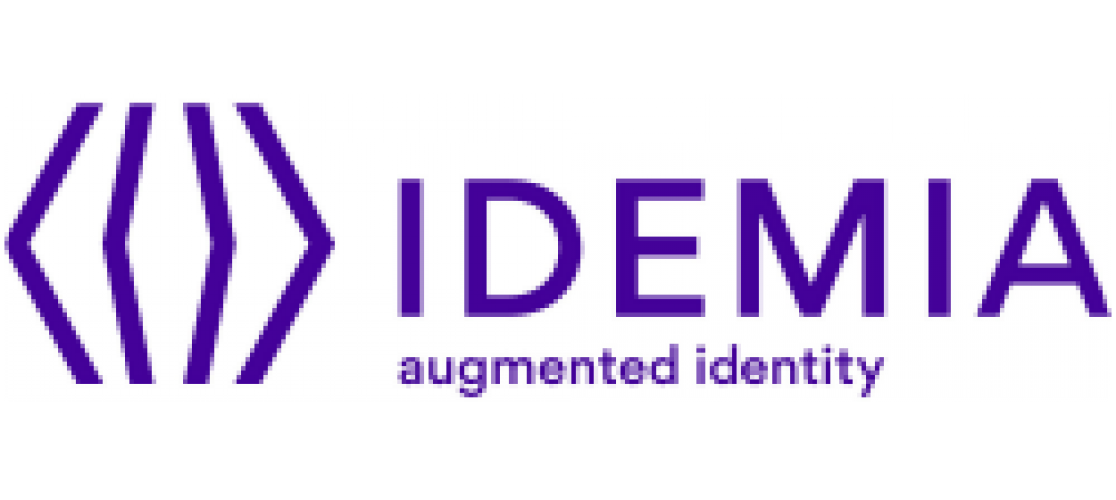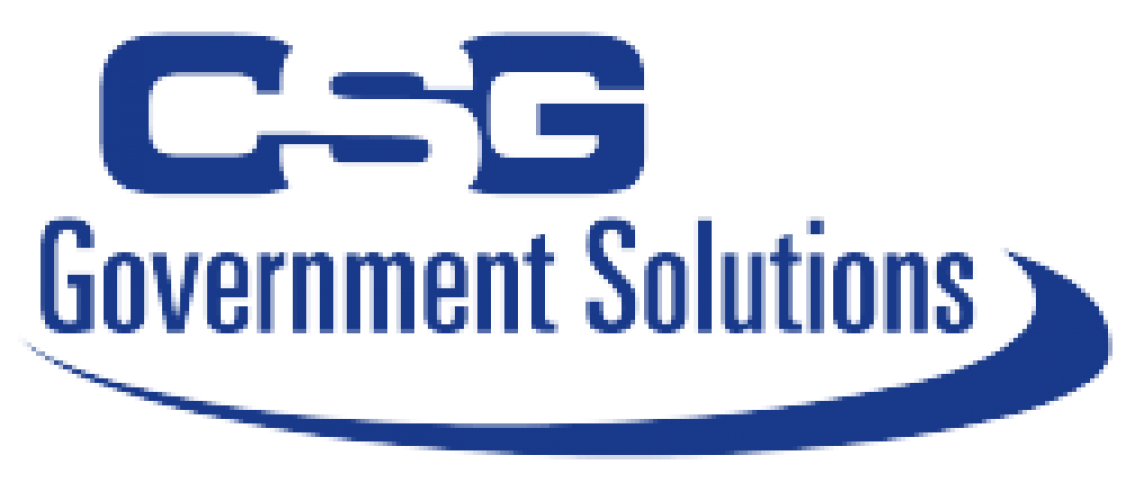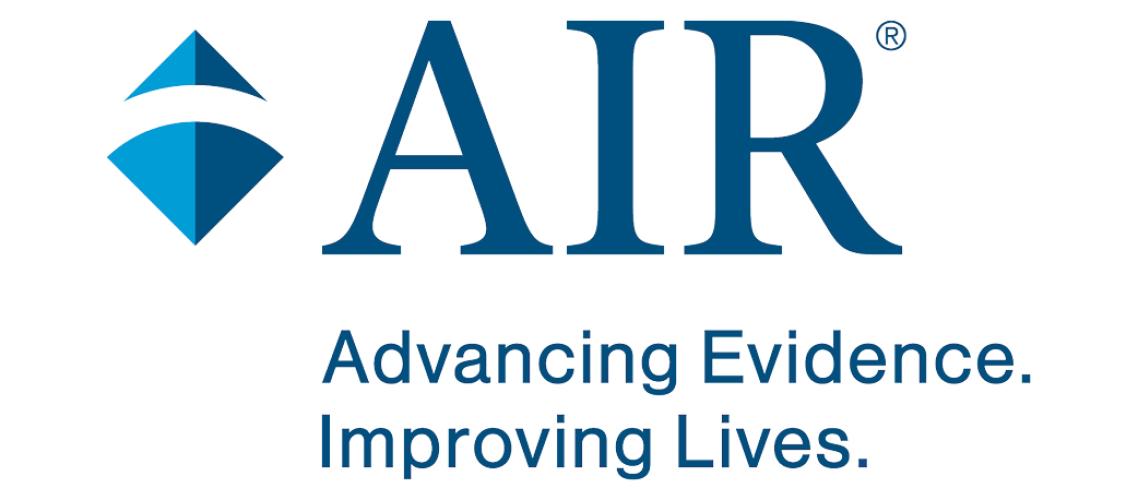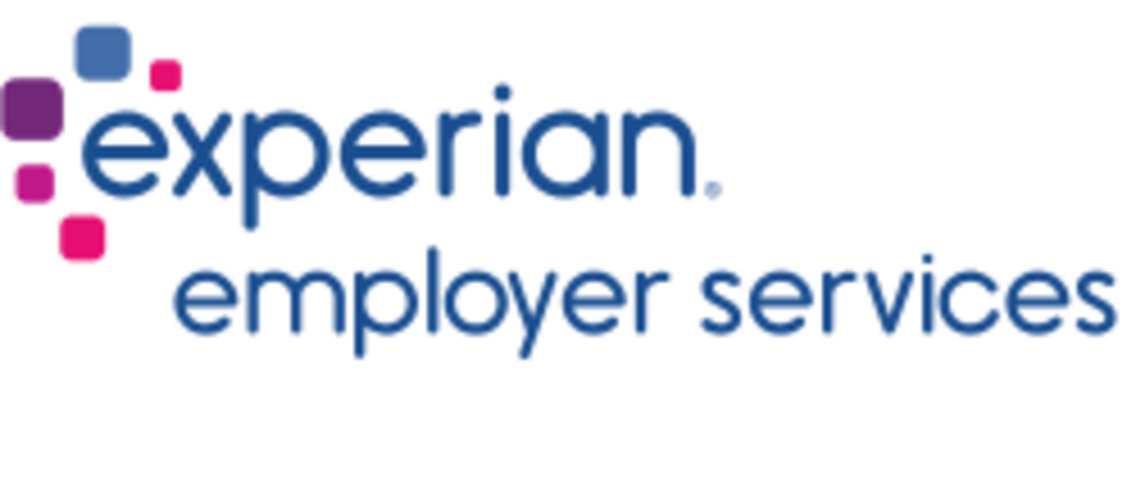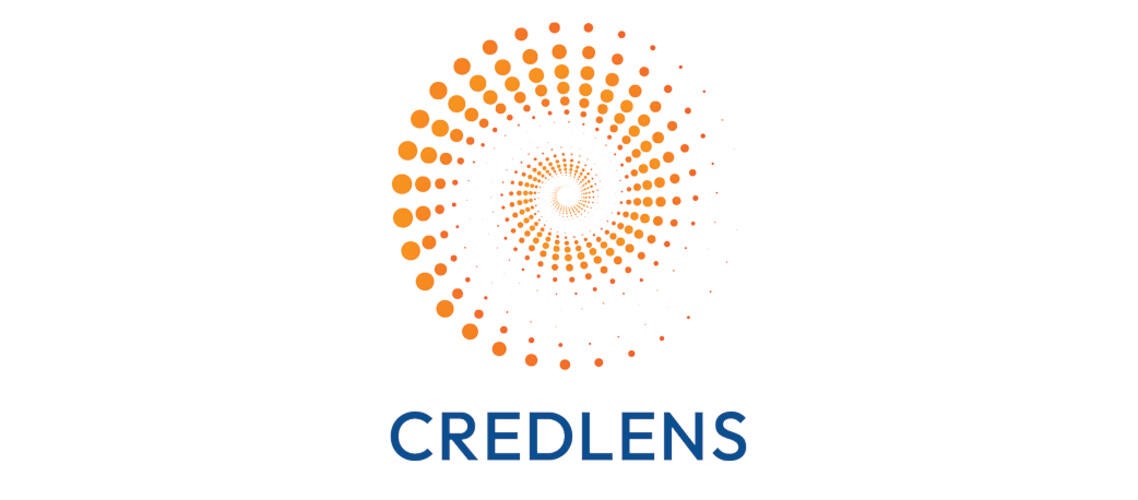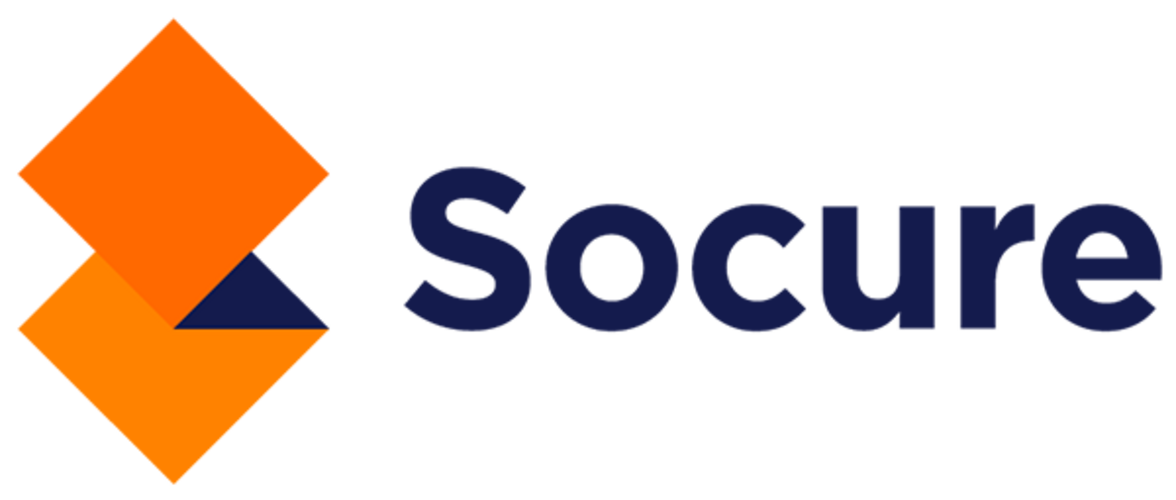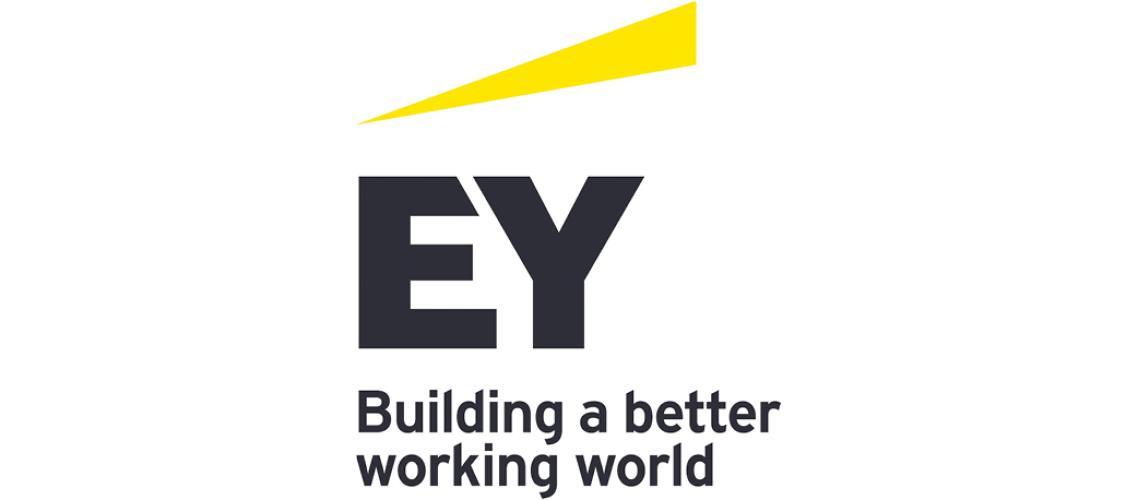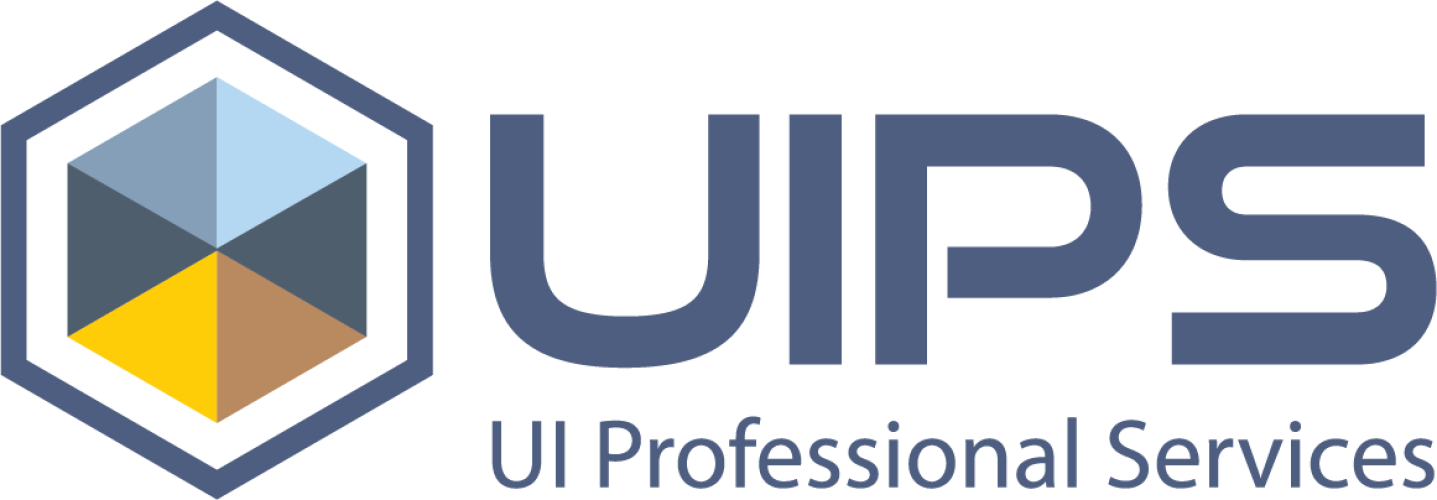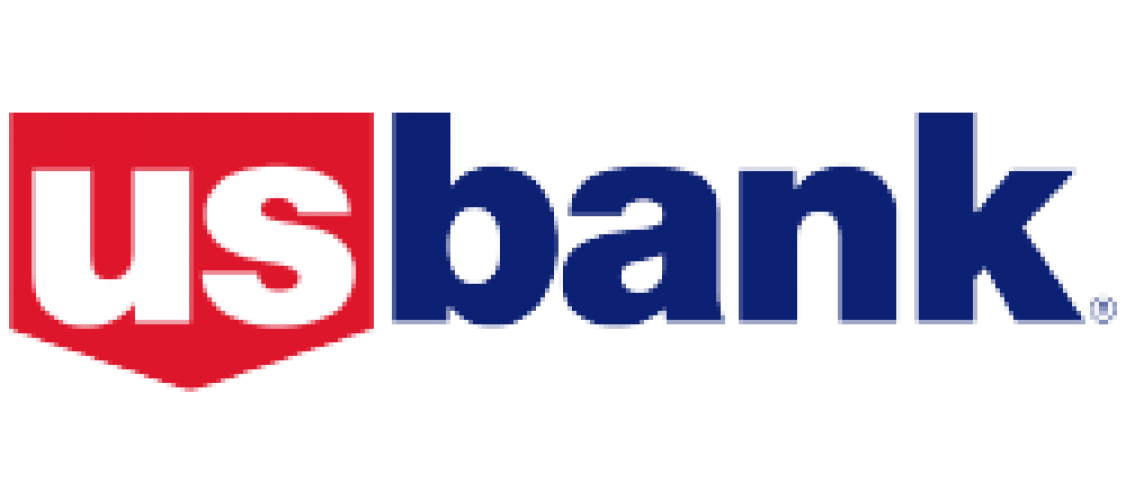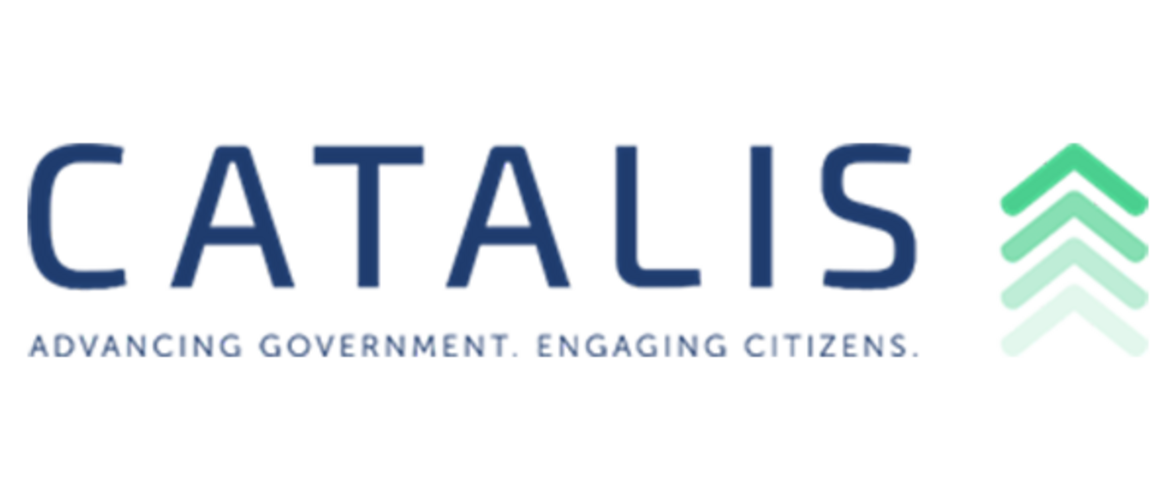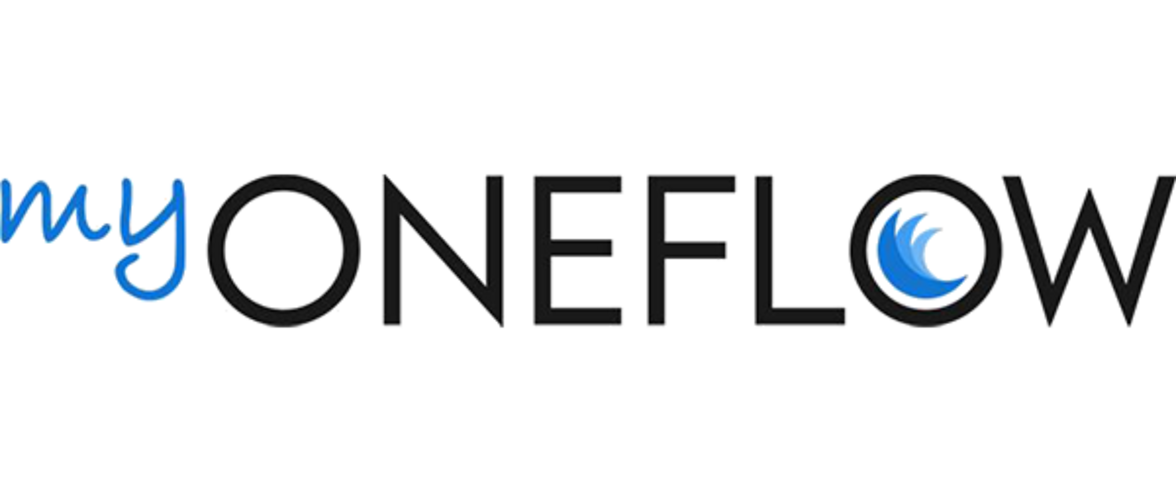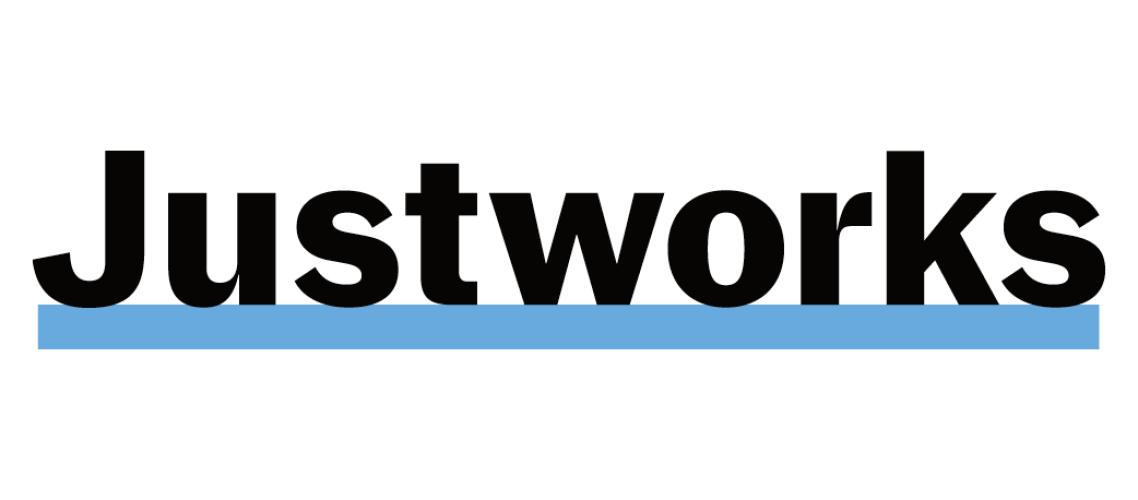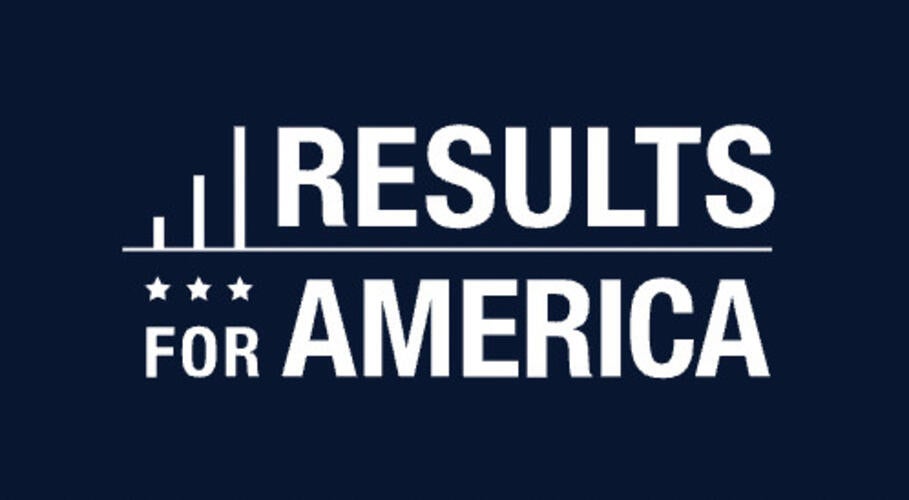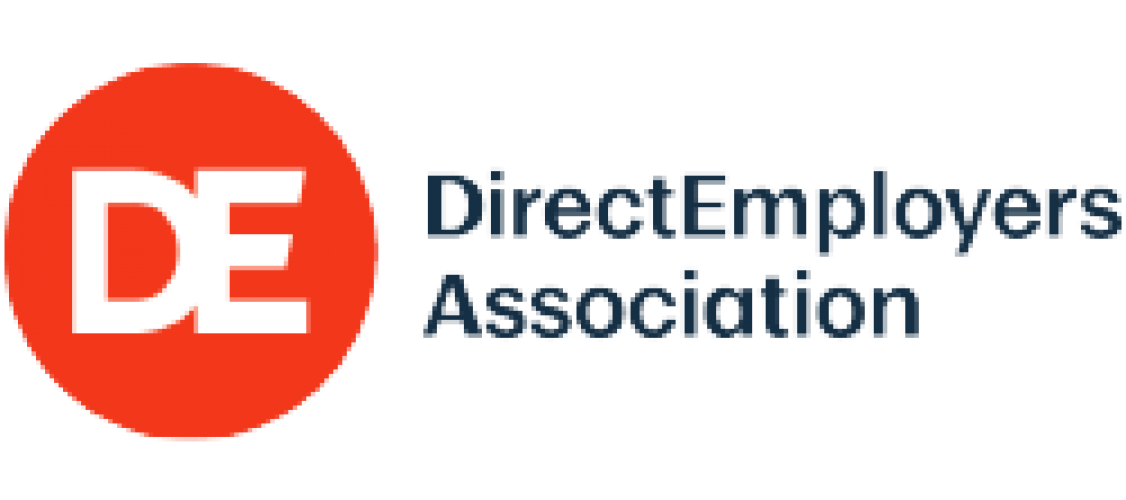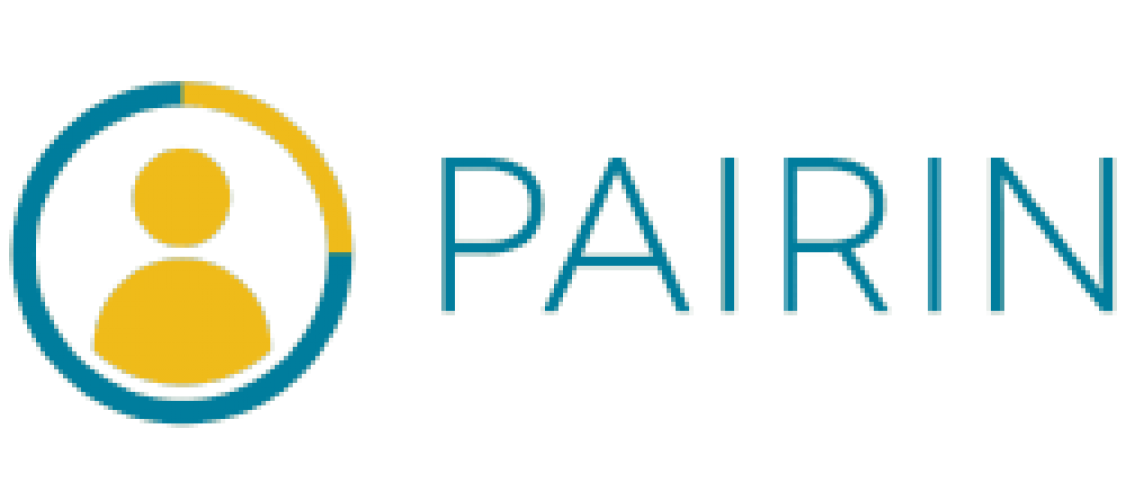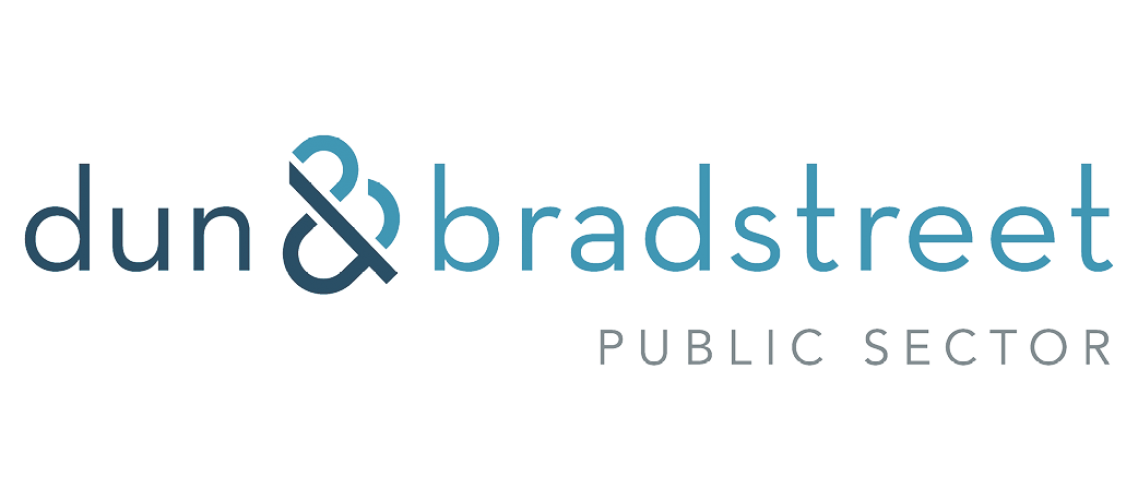South Carolina Workforce Innovation Award Nomination: Back to Work Program
Contact Information of Individual Submitting Nomination
Nominator: Dorothy Weaver
Email Address: dweaver@dew.sc.gov
Agency Name: S.C. Department of Employment and Workforce (DEW)
Back to Work Program
The Workforce Innovation and Opportunity Act (WIOA) specifically identifies individuals with significant barriers to employment as a key audience. In 2015, with unemployment rates continuing to drop and employers hiring at record levels, the S.C. Department of Employment and Workforce (DEW) began a pilot program in partnership with a local homeless shelter in Columbia, South Carolina.
Named Back to Work, the program was created to help these individuals, through a comprehensive approach, learn the skills necessary to gain self-sufficiency and financial stability. A partner agency works with individuals to develop life skills and address challenges such as housing, addiction or medical needs while DEW staff conducts an intensive employment boot camp, which creates the opportunity for long-term success.
Participants are trained in areas such as soft skills, diversity in the workplace, conflict in the workplace, resume writing, financial management, interviewing skills and dress for success. Individuals also take a work assessment to determine skills and strengths and to identify job types for which they are best suited. The culmination of the Back to Work program is a hiring event exclusively for participants and a graduation ceremony with family, friends, mentors from partnering organizations and community leaders. For some, this is the first milestone these individuals have ever completed.
Year-over-year the Back to Work program has seen exponential success helping formerly homeless individuals prepare for and find employment. As part of the program’s expansion, organizations that address addiction and domestic abuse were identified and included so that individuals in any form of transition can include long-term employment in their goals for success.
As the program has grown, the graduation ceremony has increasingly become an emotional and triumphant celebration recognizing the hard work of the participants in the program. For many, this step is a momentous breakthrough to an entirely new lifestyle of stability and ownership of a better future. Frequently these graduates are breaking a generational cycle of unemployment, poverty or crime. Some of the local areas refer to the graduation certificates as a "passport to a more productive life for participants who are now prepared to tackle barriers to employment."
Statement of results, accomplishments, impacts and any other appropriate information that demonstrates why the nominee's efforts were an exceptional contribution.
Since the pilot program in 2015, Back to Work has celebrated 36 graduations including 245 graduates. Of these, 65 percent of the graduates are either employed or in training. The remainder are completing their substance abuse treatment, counseling and other support services while continuing to work with consultants from the S.C. Department of Employment and Workforce (DEW) to become job or training ready.
From the initial program in Columbia, S.C. which focused on homeless individuals, the program has expanded both in locations and in programming. Today, the Back to Work program is located throughout the state in 12 counties with a variety of partnering agencies. Moving forward several agencies have requested consideration for Back to Work to be included in their facility or program.
Recovery and domestic abuse platforms have been added to the transitional model of Back to Work, and the agency partners with more than 14 different transitional programs to escort individuals through life and job skills training and back into the workforce.
Graduations have become a highlight of the area, many featuring speakers and guests from local government and the state's General Assembly.
Other significant contributions
Back to Work participants, striving to overcome transitional life circumstances in addition to learning employment skills, require unique solutions in order to ensure success.
Workforce consultants collaborate with partnering organizations to create schedules to accommodate counseling, substance abuse and treatment meetings. They also meet with counselors to develop schedules to allow those with children to attend class during school hours, and partners work together to provide childcare. Some classes permit young children to attend sessions with a parent undergoing treatment services.
Access to technology also proved to be a challenge in some cases. Since many of the shelters did not have adequate technology and/or had campus restrictions, Back to Work staff developed relationships with churches and libraries within walking distance to allow classes to use computer labs and workshop rooms.
Some students needed to expedite the process in order build lifestyle stability as quickly as possible. Whether it was getting off the street, caring for children, or moving to financial independence, some participants had less time to transition. Depending on these circumstances and the services of partnering organizations, a fast-track schedule was offered so classes could cover all modules in three weeks rather than the standard six weeks.
Examples of work
Letter form Gov. McMaster.pdf (273.7KB)
Back to Work Program Press.pdf (712.7KB)
Back to Work Graduation Certificate.pdf (483.9KB)
Back to work Graduation Program.pdf (346.9KB)
Back to Work Program Syllabus.pdf (398.3KB)
June PPP Back to Work (002).pdf (481.6KB)
Back to Work Guidelines.pdf (410KB)

